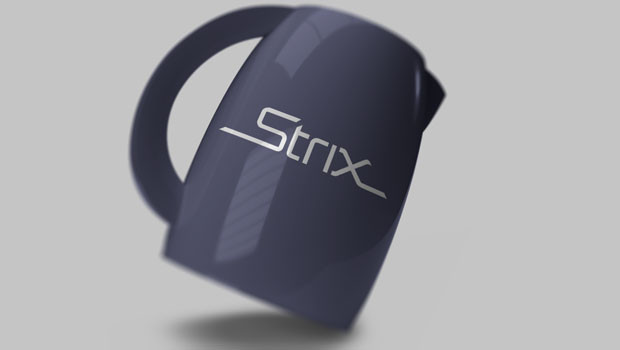Shares in Strix slump on disappointing interim numbers

Strix Group
46.80p
16:40 23/12/24
Shares in Strix Group plunged on Thursday, after the Aim-listed firm reported a slide in half-year profits.
Electronic & Electrical Equipment
10,040.69
17:09 23/12/24
FTSE AIM 100
3,442.83
16:44 23/12/24
FTSE AIM All-Share
712.44
16:50 23/12/24
The group, a kettle safety and filtration technology specialist, reported a near 29% jump in revenues, to £65.2m, after sales were boosted by its 2022 acquisition of Australian water systems firm Billi.
Pre-tax profits slumped 41% to £6.8m, however, while net debt rose to £93.1m from £61.3m a year previously.
The proposed interim dividend was 0.9p per share. Last year, the firm paid 2.75p a share.
As at 1130 BST, shares in Strix had tumbled nearly 41% to 54.5p.
Mark Bartlett, chief executive, said: “The continued macro headwinds have resulted in a reduction in demand for kettle controls in the key export regulated markets of UK and Germany during the first half and a slower than anticipated recovery.
“While recent order rates are tracking in a positive direction we now anticipate the path to a return of normalised growth to take longer and for there to be a decrease in the short term revenues within this category.”
Full-year adjusted profits are now expected to be “in excess” of £21m. Last year Strix posted equivalent profits of £23m.
Shore Capital, which has a ‘hold’ rating on the stock, cut its full-year earnings per share forecast by 18% following the update.
It noted: “We will review our outer year forecasts but note the historic sharp rebound in demand for kettle control sales following a downturn.
“The company has historically struggled to achieved any material earnings growth prior, partly due to persistent price erosion in the kettle controls market, which we believe has more than offset volume growth at a gross profit level.
“We maintain our view that organic growth from the water and appliances [division] is likely to be below expectations management has set out, and demand for products is likely to be weak during a consumer downturn.
“Kettles are viewed as a staple in surprisingly few countries and demand has historically been cyclical globally.”